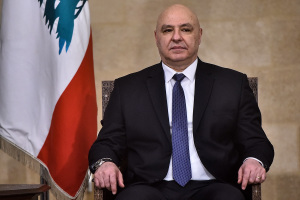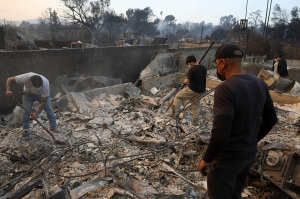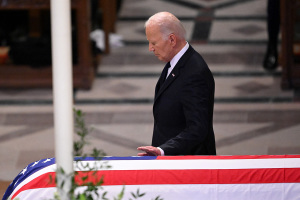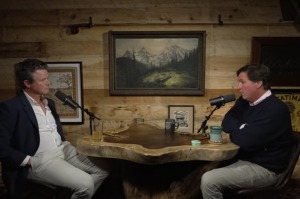Bad Treatment of Aboriginals Is Most Serious Issue Facing Canadians, Says Winnipeg Archbishop
The retiring Archbishop of Winnipeg, Manitoba, Canada, has said that the lack of justice and bad treatment of aboriginals is the most serious issue facing Canadians, something which the church needs to start getting invested in.
"I don't think there is any issue facing Canadians more serious than this one. And I don't think we're taking it that seriously," Archbishop James Weisgerber said, according to Catholic News Service. Pope Francis officially accepted the 75-year old priest's resignation on Monday.
"My concern has got to do with people we have dealt with badly, that we have mistreated, through lots of ignorance and good will, but we have not respected them," he added.
Aboriginals, or First Nations people in Canada, numbering 1.4 million, or 4.3 percent of the total population, are facing a number of social and economic problems, plagued by poverty, poor housing and high unemployment, the U.N. said in a report earlier in October.
"It is equally clear that these steps are insufficient, and have yet to fully respond to aboriginal peoples' urgent needs," said James Anaya, the U.N. special rapporteur on the rights of indigenous peoples during a conference in Ottawa, according to Reuters.
"Canada consistently ranks near the top among countries with respect to human development standards, and yet ... aboriginal people live in conditions akin to those in countries that rank much lower and in which poverty abounds."
Anaya revealed that aboriginals also face high levels of violence, crime, unemployment, suicide, and poor housing which leads to a number of health problems. First Nations groups have protested against such poor living conditions by blocking roads and rail lines in January and protesting in front of Prime Minister Stephen Harper's office. Canadian and U.S. aboriginal groups have also said they would block three proposed oil pipelines going from Alberta to the U.S.
"I've seen enough to know there needs to be further dialogue with regards to the pipeline(s)," Anaya added.
"From all I have learned, I can only conclude that Canada faces a crisis when it comes to the situation of indigenous peoples of the country."
Archbishop Weisgerber noted that such pipelines are being transported across the country straight through aboriginal land, without First Nations' groups being considered.
"Nobody's talking about the need to negotiate on all of this. I'm not sure it's on the agenda of ordinary Canadians or on the agenda of the church," he continued.
"I feel the church has to be involved, and our people need to be sensitized to the parameters of this discussion."
Weisgerber, who was named archbishop of Winnipeg in 2000, revealed that there are about 75,000 aboriginal people in the archdiocese, and added that the majority of Canada's First Nations people today identify as Christians.
"It's so clear to me that in Manitoba the future is the reconciliation with aboriginal people. The stakes are very high. There can't be winners and losers. Either we all win or we all lose," he said.
"I have tried very hard to bring this issue into the life of the church," he added.
Weisgerber's replacement has been named as Victoria, B.C., Bishop Richard Gagnon, who was appointed by Pope Francis to serve as the next archbishop of Winnipeg, and is expected to be installed in the next few months.





























